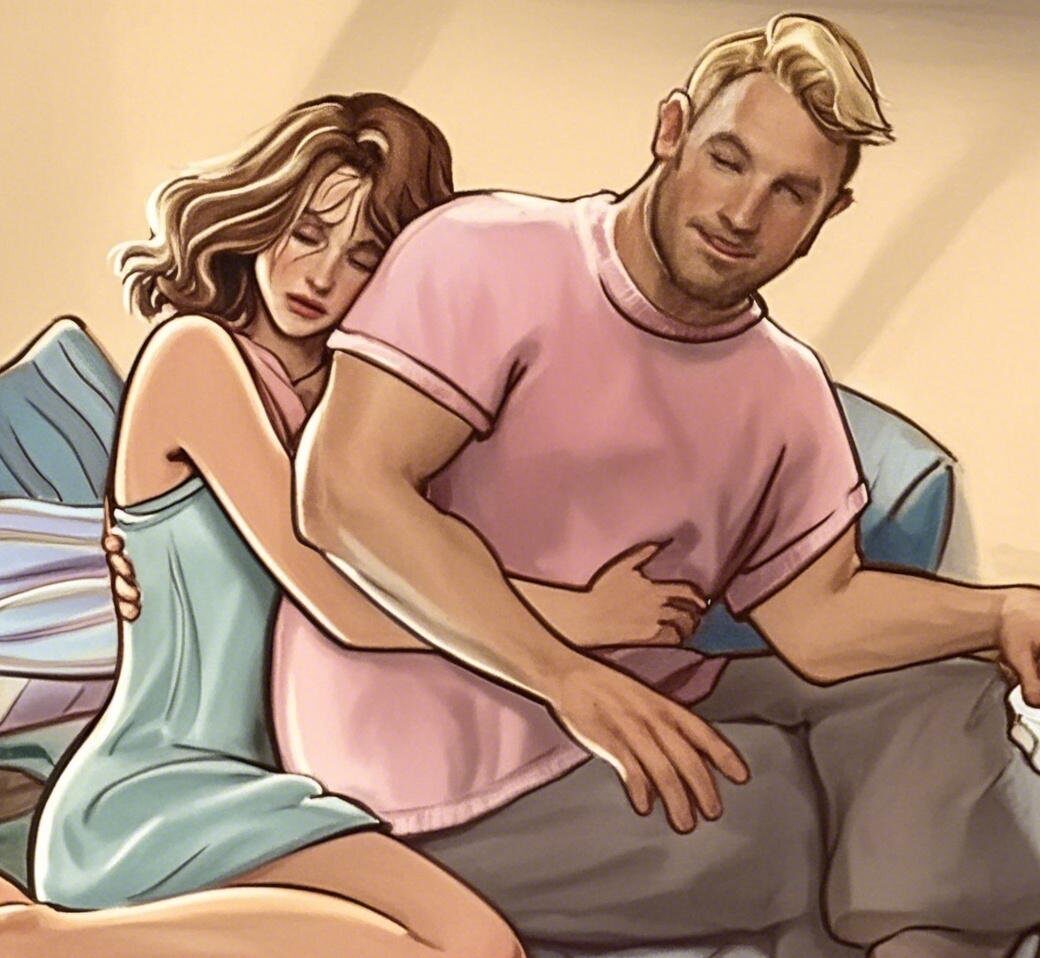🌱 Introduction
Ever seen someone so wrapped up in their relationship that they seem to lose themselves? Maybe it’s a friend, a sister, or even you. When a woman becomes too attached to her partner, it’s easy to brush it off as “being in love” or “just emotional.” But the truth runs deeper. Emotional over-attachment isn’t just about love—it’s a signal, a revelation, and sometimes a cry for help.
Let’s unpack what it really means when a woman gets too attached, and why understanding it can lead to healing—not just for her, but for the relationship too.
🔍 Understanding Emotional Attachment
What is emotional attachment?
Emotional attachment is the emotional bond we form with others. It’s what makes us care, connect, and commit. In healthy doses, it’s the glue that holds relationships together.
But when it tips over into obsession or dependency? That’s when things get messy.
Healthy vs. Unhealthy Attachment
Healthy attachment means:
-
Trusting your partner
-
Being close without being clingy
-
Having your own life and interests
Unhealthy attachment shows up as:
-
Needing constant attention
-
Anxiety when apart
-
Sacrificing your own needs to avoid conflict
Attachment Styles and Where They Come From
Most of us fall into one of these four styles:
-
Secure
-
Anxious
-
Avoidant
-
Disorganized
These are formed early—often in childhood—based on how our caregivers responded to our emotional needs. And yes, they show up big time in adult relationships.
🚩 Signs a Woman Is Getting Too Attached
Constant Need for Reassurance
She needs to hear “I love you” several times a day. Every delayed text sparks worry. This craving for reassurance isn’t romantic—it’s rooted in insecurity.
Fear of Abandonment
She panics at the thought of losing him. Even minor disagreements feel like the end of the world.
Losing Her Identity in the Relationship
She gives up hobbies, friends, and even opinions to match her partner’s. Over time, it’s hard to tell where he ends and she begins.
Obsessive Behaviors and Overthinking
Reading into every word. Checking his social media 24/7. Playing back conversations to “decode” hidden meanings. Sound familiar?
💡 What It Reveals About Her
Her Past Wounds and Childhood Patterns
Often, this attachment stems from a history of emotional neglect, abandonment, or trauma. The relationship becomes a way to heal old scars—but in the wrong way.
Lack of Self-Worth or Self-Love
She may not feel “enough” on her own. So, she clings to someone else to feel valuable.
Desire for Emotional Safety
The attachment isn’t just about love—it’s about safety. Her partner becomes a security blanket.
The Need for Validation and Belonging
If she never felt truly seen growing up, she might be trying to finally feel “chosen” now.
🧠 Psychological Roots of Over-Attachment
Attachment Theory Explained Simply
In short, how we attach to people as adults is shaped by how we attached to our caregivers as kids. If you had consistent love, you probably feel secure now. If not? You might be anxious, avoidant, or a mix of both.
Trauma, Neglect, and Emotional Abandonment
Women who are overly attached often carry unresolved trauma. Maybe they were emotionally abandoned. Maybe they were told they were too much—or not enough.
Codependency and Anxious-Preoccupied Style
Codependency is when your sense of self is wrapped around someone else. You live through them. That anxious-preoccupied style? It’s the hallmark of being overly attached.
📺 How Society and Media Contribute
Romantic Ideals and False Expectations
Disney, rom-coms, and love songs tell us that true love means everything. That you’re not whole until you find “the one.” No wonder women feel pressure to hold on tightly.
Social Pressure to Be in a Relationship
From family to Instagram, women are constantly reminded that being single equals failure. So, they latch on—hard.
The “Ride or Die” Myth
Being loyal doesn’t mean losing yourself. But the “ride or die” culture glorifies self-sacrifice, even in toxic situations.
💔 The Impact on the Relationship
Strain on the Partner
Too much neediness can push partners away. What starts as love turns into emotional exhaustion.
Loss of Healthy Boundaries
Without boundaries, one person starts to suffocate the other. Space and individuality vanish.
Emotional Burnout and Resentment
Eventually, both partners feel trapped. The woman feels unloved. The man feels smothered. Resentment builds—and connection fades.
🧘 How to Regain Emotional Balance
Practicing Self-Awareness
The first step? Noticing. If you catch yourself spiraling, pause. Ask, “Why am I feeling this way?”
Rebuilding Self-Identity
Reconnect with hobbies. Call old friends. Do things just for you. Remember who you were before the relationship.
Creating Emotional Independence
You can love deeply without being dependent. Learn to self-soothe, set boundaries, and speak your truth.
Journaling, Therapy, and Personal Growth Tools
-
Journal your feelings
-
Talk to a therapist
-
Read books like “Attached” or “Women Who Love Too Much”
Growth starts with understanding.
❤️ Healthy Love vs. Over-Attachment
What Love Really Looks Like
Love is:
-
Safe, not suffocating
-
Close, not codependent
-
Free, not fearful
How Emotional Balance Enhances Intimacy
Ironically, when you stop clinging, the relationship often gets stronger. Space allows love to breathe.
🆘 When to Seek Help
Therapy and Counseling
If you’re constantly anxious, losing yourself, or feeling emotionally unstable—talk to a therapist. There’s zero shame in it.
Support Groups and Safe Communities
From Reddit threads to local women’s groups, connection and healing are out there. You’re not alone.
💬 Final Thoughts
Getting too attached isn’t about weakness—it’s about wounds. It reveals a need to heal, to feel safe, and to be loved. But the real journey starts within. You can love someone deeply without losing yourself. Because the healthiest relationships begin when you’re already whole.
❓FAQs
1. Is it bad to be emotionally attached to your partner?
Not at all! Emotional attachment is natural. It only becomes unhealthy when it causes anxiety, obsession, or loss of self.
2. Can attachment issues be fixed?
Yes. With awareness, therapy, and personal growth, you can shift your attachment style and build healthier connections.
3. How do I know if I’m too attached?
If you feel panic when they don’t text back, give up your interests, or feel empty without them—you might be over-attached.
4. What’s the difference between love and attachment?
Love is generous and freeing. Attachment is often about control, fear, or needing someone to fill a void.
5. Can a relationship survive if one person is too attached?
It depends. If both partners are willing to grow, seek help, and rebuild healthier patterns—yes, it absolutely can.

